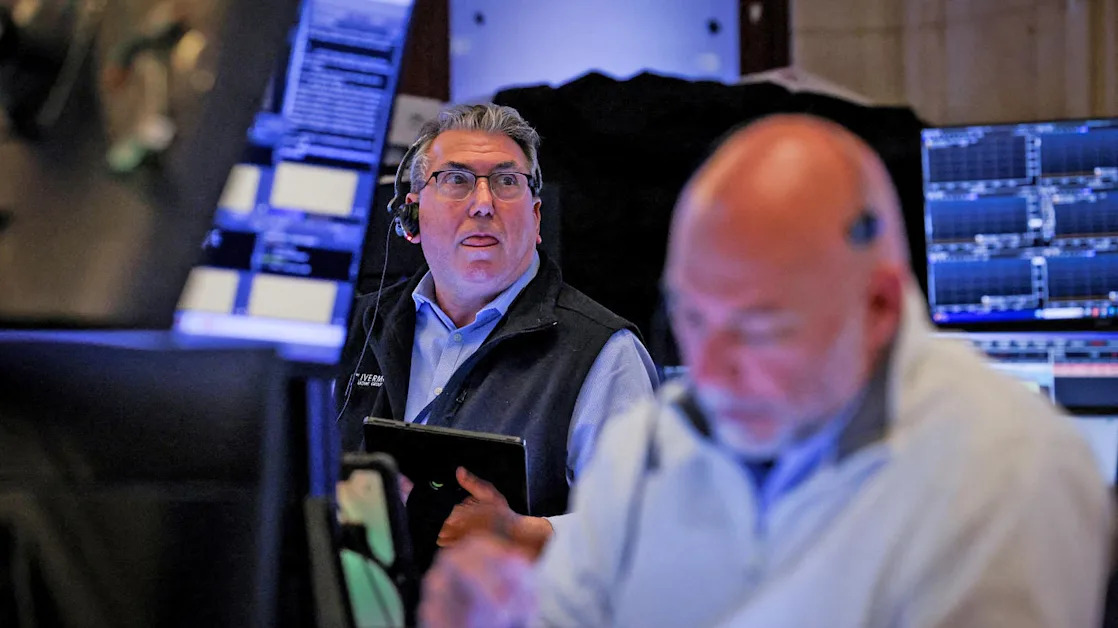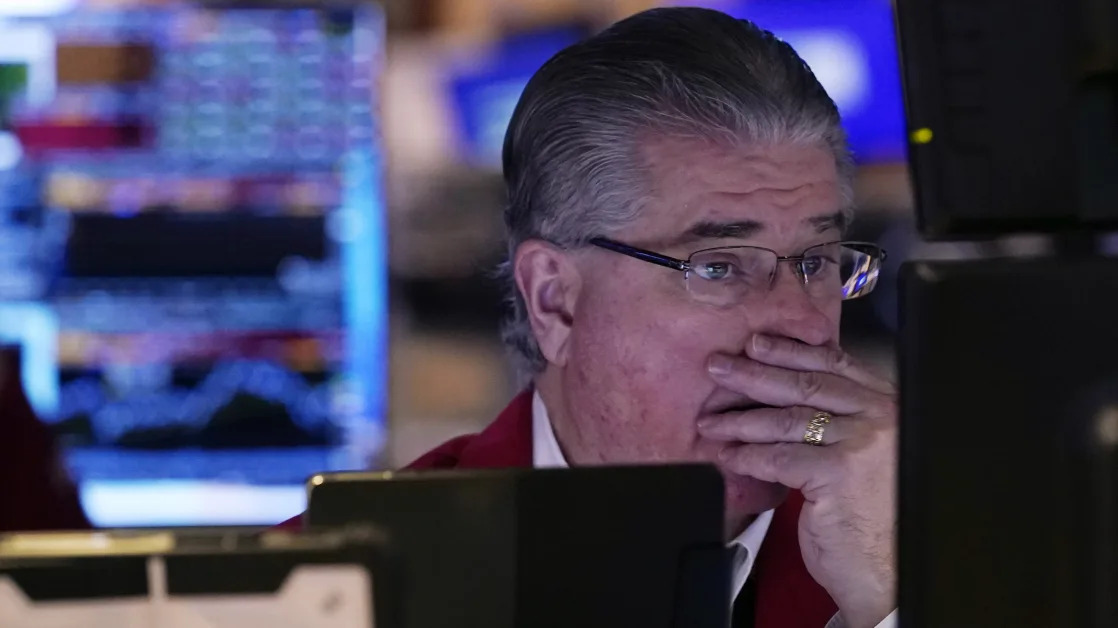HONG KONG (AP) — Asian stocks fell while European markets started the week higher on Monday after another rout hit Wall Street, as a highly anticipated U.S. job market update added to worries about the economy.
France’s CAC 40 rose 0.5% in early trading to 7,391.61, and Germany’s DAX was up 0.6% to 18,405.74. Britain’s FTSE 100 added 0.6% to 8,227.80. Futures for the S&P 500 climbed 0.6% and those for the Dow Jones Industrial Average were 0.4% higher.
The Nikkei 225 index was hovering around its lowest level in almost a month during morning trading, and it slipped 0.5% to close at 36,215.75. Japan's gross domestic product grew by an annualized 2.9% in the second quarter, according to revised data from the Cabinet Office released on Monday. This was below expectations.
“Any broader risk aversion may have an amplified effect on Japanese equities, with safe-haven flows potentially supporting the yen, which is looked upon as negative for the country’s exporters,” Yeap Jun Rong, market strategist at IG, said in a commentary.
The U.S. dollar was trading at less than 143 Japanese yen in Monday trading.
Stocks in Chinese markets also racked up losses after worse-than-expected inflation data disappointed investors. Data from the National Bureau of Statistics on Monday showed deflationary pressure continues to loom large, as the consumer price index grew by 0.6% year-on-year in August, while the producer price index, which measures costs for manufacturing, was down 1.8% compared to August last year.
Hong Kong’s Hang Seng index declined 1.4% to 17,196.96 and the Shanghai Composite index was down 1.1%, at 2,736.49.
Australia’s S&P/ASX 200 dipped 0.3% to 7,988.10. South Korea’s Kospi lost 0.3% to 2,535.93.
On Friday, the S&P 500 dropped 1.7% and ended at 5,408.42 to close out its worst week since March 2023. Broadcom, Nvidia and other tech companies drove the market lower amid ongoing concerns that their prices soared too high in the boom around artificial intelligence, and they dragged the Nasdaq composite down by a market-leading 2.6% to 16,690.83.
The Dow Jones Industrial Average dropped 1% to 40,345.41.
Sharp swings also hit the bond market, where Treasury yields tumbled, recovered and then fell again after the jobs report showed U.S. employers hired fewer workers in August than economists expected. It was billed as the most important jobs report of the year, and it showed a second-straight month where hiring came in below forecasts. It also followed recent reports showing weakness in manufacturing and other areas in the economy.
Such a softening of the job market is actually just what the Federal Reserve and its chair, Jerome Powell, have been trying to get in order to stifle high inflation , “but only to a certain extent and the data is now testing Chair Powell’s stated limits,” said Scott Wren, senior global market strategist at Wells Fargo Investment Institute.
The two-year Treasury yield initially fell as low as 3.64% after the release of the jobs report, before quickly climbing back above 3.76%. It then dropped back to 3.66% following Waller’s comments, down from 3.74% late Thursday.
In energy trading, benchmark U.S. crude rose 89 cents to $68.56 a barrel. Brent crude, the international standard, added 84 cents to $71.90 a barrel.
In currency trading, the U.S. dollar edged up to 143.36 Japanese yen from 142.27 yen. The euro cost $1.1049, down from $1.1083.





